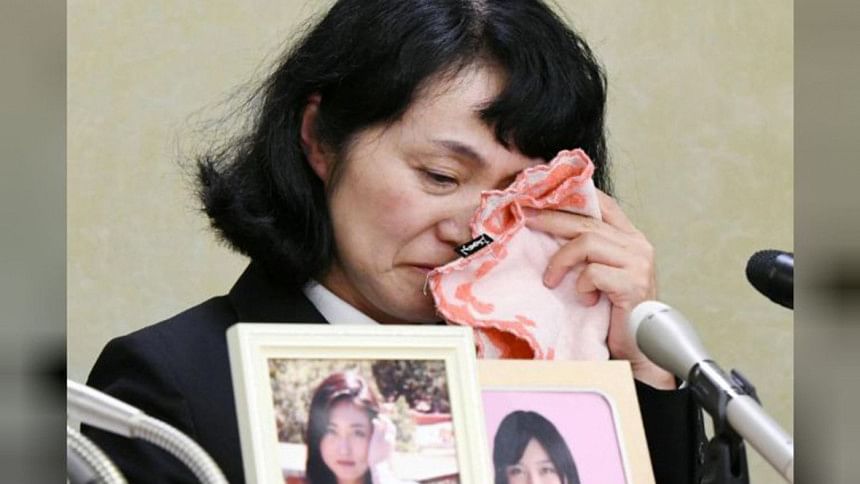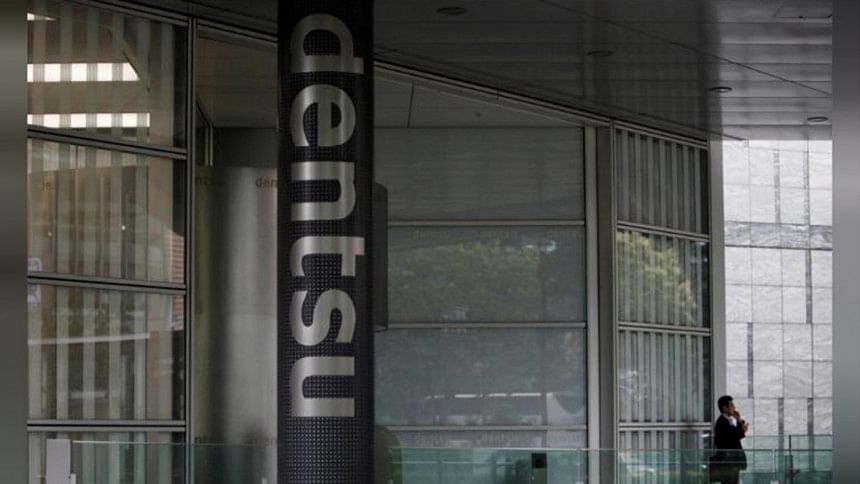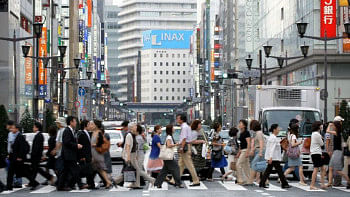Japan's Dentsu fined for overtime work culture

Japan's Dentsu Inc was fined just 500,000 yen ($4,400) after a Tokyo court ruled it had made employees work overtime beyond legal limits - a case that followed a high profile death from overwork at the advertising giant.
Labour practices at Dentsu, renowned for its hard-driving work culture, came under scrutiny after employee Matsuri Takahashi committed suicide in 2015 at the age of 24. The government later ruled she died of "karoshi" - literally "death by overwork".
The case prompted national soul-searching and helped spur government plans for sweeping reforms of labor laws. Even so, the problem of karoshi has once again been thrust into the spotlight this week, with public broadcaster NHK disclosing that a 31-year-old reporter died four years ago of overwork.
Prosecutors had charged Dentsu for making Takahashi and three others work overtime beyond limits agreed with the company's labor union between October and December 2015. But current Japanese law only allows for relatively small fines for breaches relating to overtime.
"We are hoping for legislative change so that stiffer penalties can be imposed when a worker dies," Takahashi's mother Yukimi said in a statement after the ruling.
"It's not just my daughter - tragic cases like this are happening throughout Japan, across all industries and irrespective of whether firms are large or small," she added, noting the death of the NHK reporter.
Matsuri Takahashi had worked 105 hours of overtime in October 2015 after which she fell into depression. She jumped to her death from a company dormitory on Christmas day, leaving behind a trail of public grievances on social media about her relentless working hours and boss's verbal abuse.
"We take this ruling very seriously, and extend our deepest apologies to stakeholders and the general public for the concern we have caused," Dentsu said in a statement, adding that CEO Toshihiro Yamamoto will take a 20 percent pay cut for six months.
Japan had 191 deaths which authorities have ruled as related to overwork in the past financial year - an increase of two over the previous year, the government said in an annual report on Friday.

NHK, which has covered the Dentsu case and the problem of karoshi in Japanese society extensively on air, said it had decided to disclose its own case to ensure thorough reform within the company. The reporter died of congestive heart failure after clocking 159 hours of overtime in the month before her death.
Prime Minister Shinzo Abe's administration this year endorsed an action plan for sweeping reforms of employment practices, including caps on overtime and better pay for part-time and contract workers.
The moves, while widely welcome, also come at a time when Japanese companies are also grappling with a deepening labor shortage as the nation's population rapidly ages.
Despite pledges of reform by many companies, some Japanese workers were skeptical.
"My company says it's promoting work reform, but I am doing as much overtime as before. I even work on Saturdays," said a 38-year old female employee at a Japanese bank.
"Unless the bank cuts down our total workload, overtime cannot be reduced," she said, declining to give her name or identify her company out of fear of upsetting her employer.

 For all latest news, follow The Daily Star's Google News channel.
For all latest news, follow The Daily Star's Google News channel. 





Comments